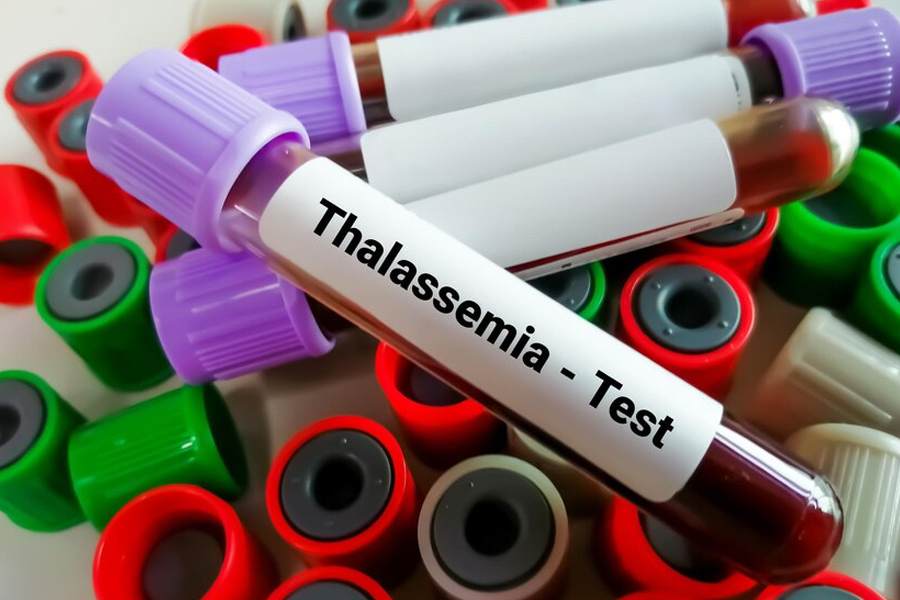India is home to a staggering 1 to 1.5 lakh children living with Thalassemia major, a genetic blood disorder that can have devastating consequences if left untreated. Moreover, a staggering 42 million Indians carry the ß (beta) thalassemia trait, making them potential carriers of this debilitating condition. Every year, approximately 10,000 to 15,000 babies are born with Thalassemia major, condemning them to a lifetime of blood transfusions, medication, and constant medical supervision. To understand more, we reached out to Dr Sandeep Talwar, Fertility Expert, Nova IVF Fertility, Vasant Vihar who explained everything about the silent threat of Thalassemia to spread awareness.
The hidden dangers of Thalassemia
Couples who are carriers of the Thalassemia gene, but do not display any symptoms of the disease themselves, can still pass it on to their children. This is a particularly concerning aspect of Thalassemia, as carriers often appear healthy and show no signs of illness, leading to a false sense of security. Despite their good health, they can still transmit the genetic disorder to their offspring. Furthermore, couples who have experienced miscarriages or already have a child with Thalassemia may not be aware that they are carriers of the gene, putting their future children at risk.
A New Hope: The importance of Thalassemia testing
“The good news is that Thalassemia testing is a simple blood test that can identify carriers of the gene. In cases where one partner is a Thalassemia minor, their partner can be tested to determine their carrier status. If both partners are carriers, the embryo must be tested to determine whether it has inherited the genetic condition,” shares Dr Talwar.
Also Read: Add These 5 Essential Nutrients To Your Diet To Manage Thalassemia

Fortunately, advances in medical technology have made it possible to prevent the transmission of Thalassemia to future generations. Preimplantation Genetic Testing (PGT-M) is a revolutionary technique that allows couples to create healthy embryos free of genetic conditions. This involves testing embryos created through In Vitro Fertilization (IVF) and then transferring unaffected embryos into the uterus, significantly reducing the risk of passing down genetic conditions.
Empowering couples to take control
PGT-M is a game-changer for couples who are carriers of Thalassemia. By undergoing this testing, they can greatly increase their chances of having a healthy child while minimising the risk of transmitting the genetic condition. This technique not only brings hope to families affected by Thalassemia but also empowers them to take control of their reproductive health.
Also Read: Can Prenatal Testing Help In Preventing Thalassemia?
A Call to Action
Dr Talwar concludes by saying, “The importance of Thalassemia testing and PGT-M cannot be overstated. With India accounting for the largest number of Thalassemia cases in the world, it is imperative that we raise awareness about this genetic disorder and the measures that can be taken to prevent its transmission.”
Couples who are planning to start a family or are already expecting a child must be informed about the risks of Thalassemia and the importance of testing. Healthcare providers must also be educated about the latest advances in genetic testing and counselling, ensuring that they can provide accurate guidance and support to their patients.

